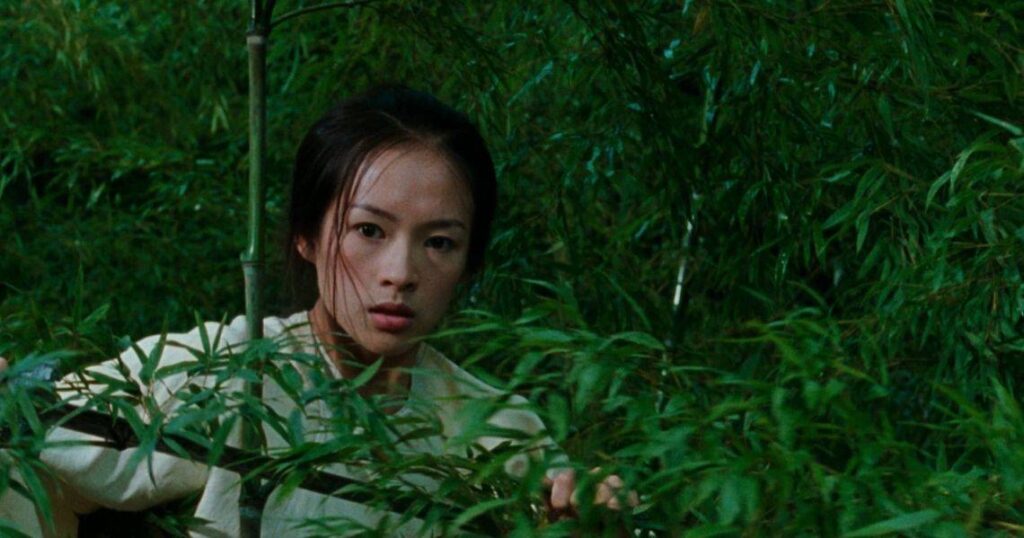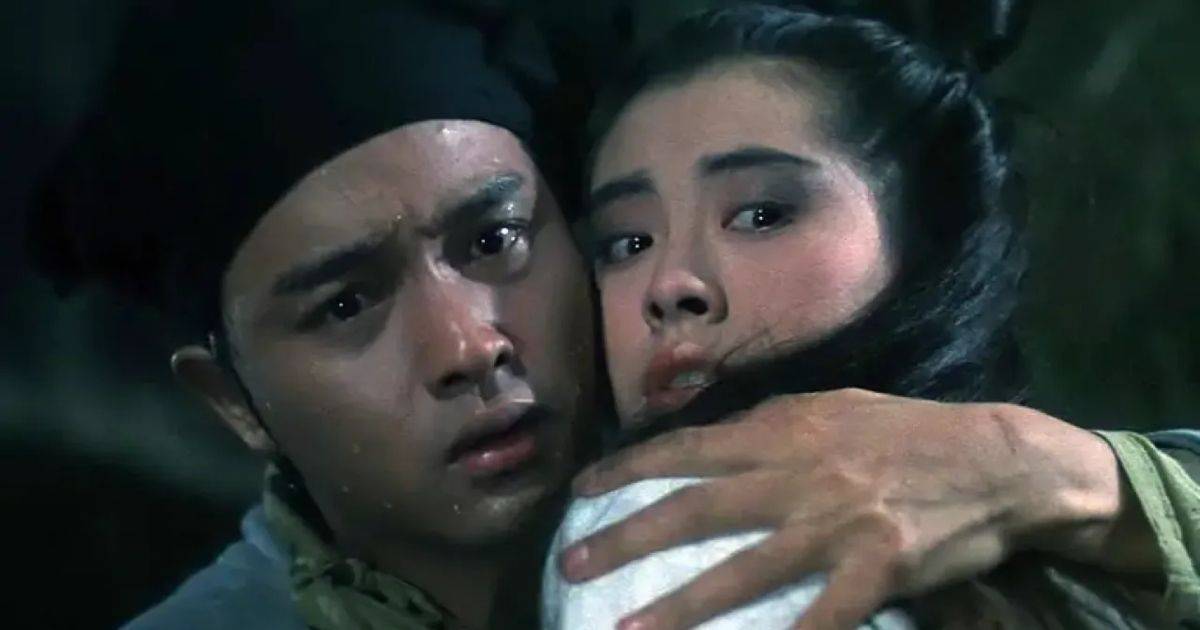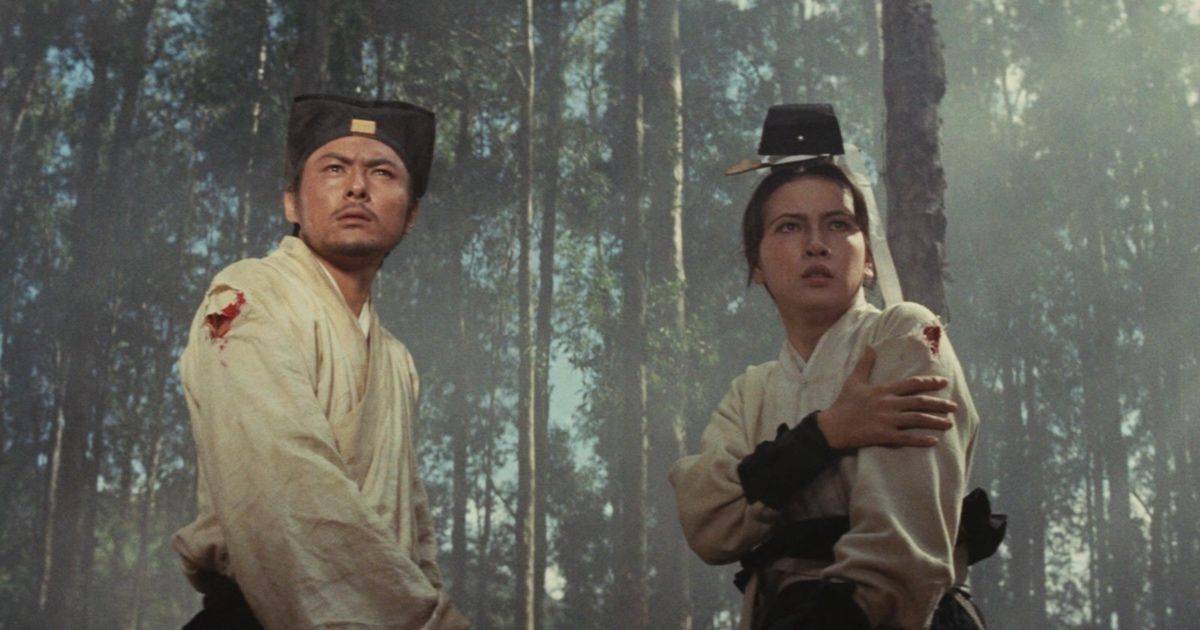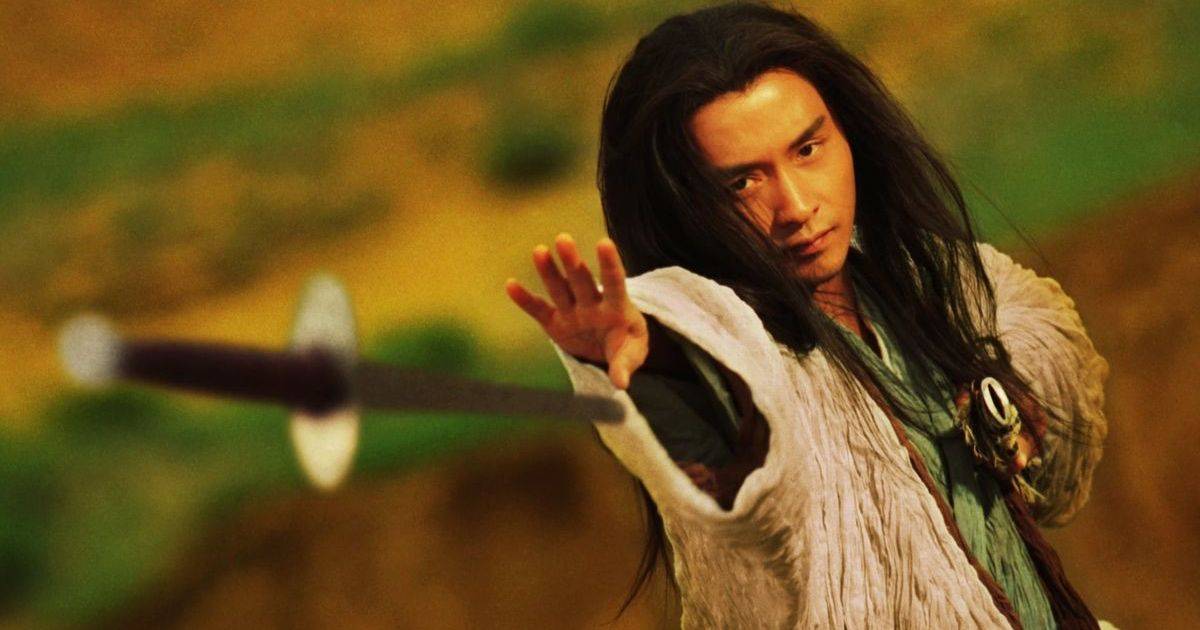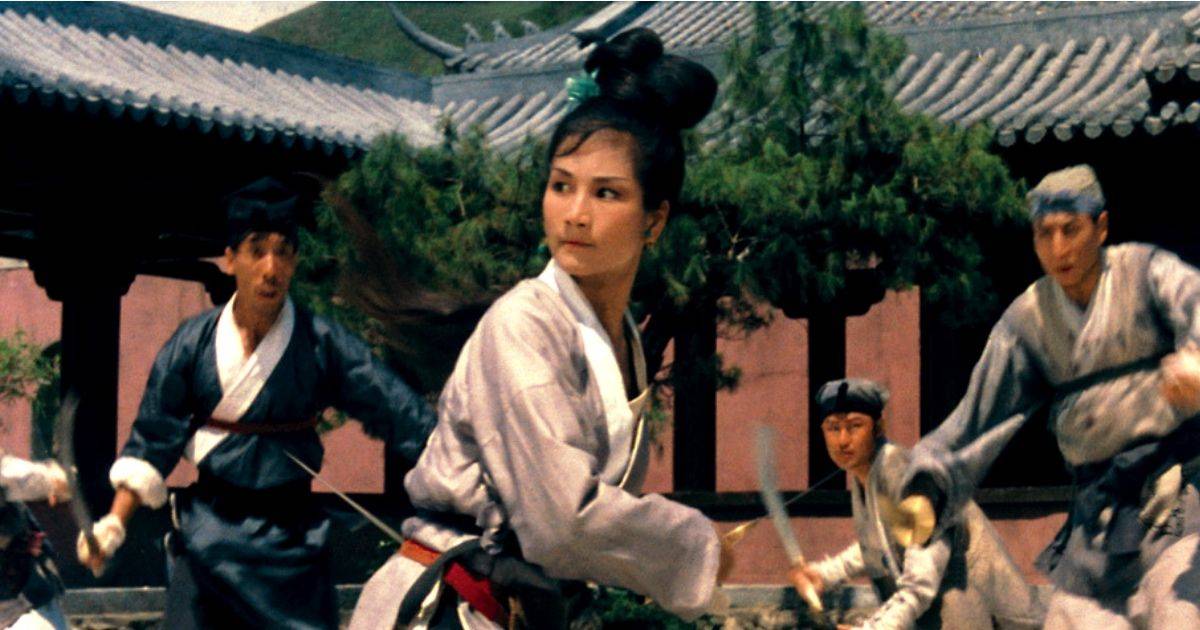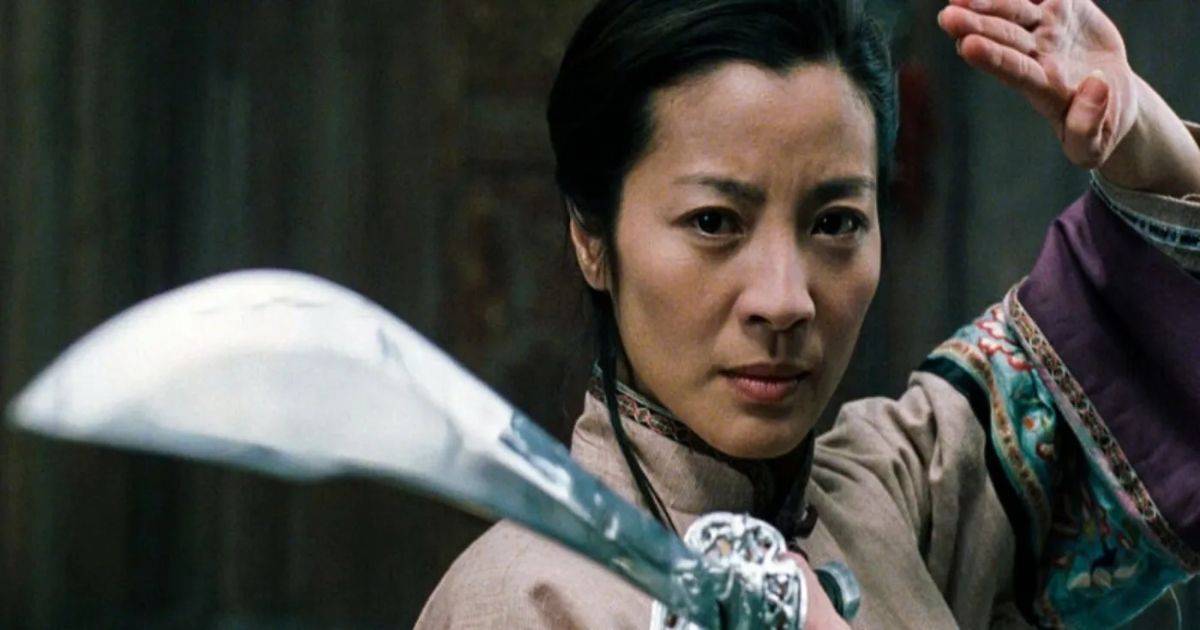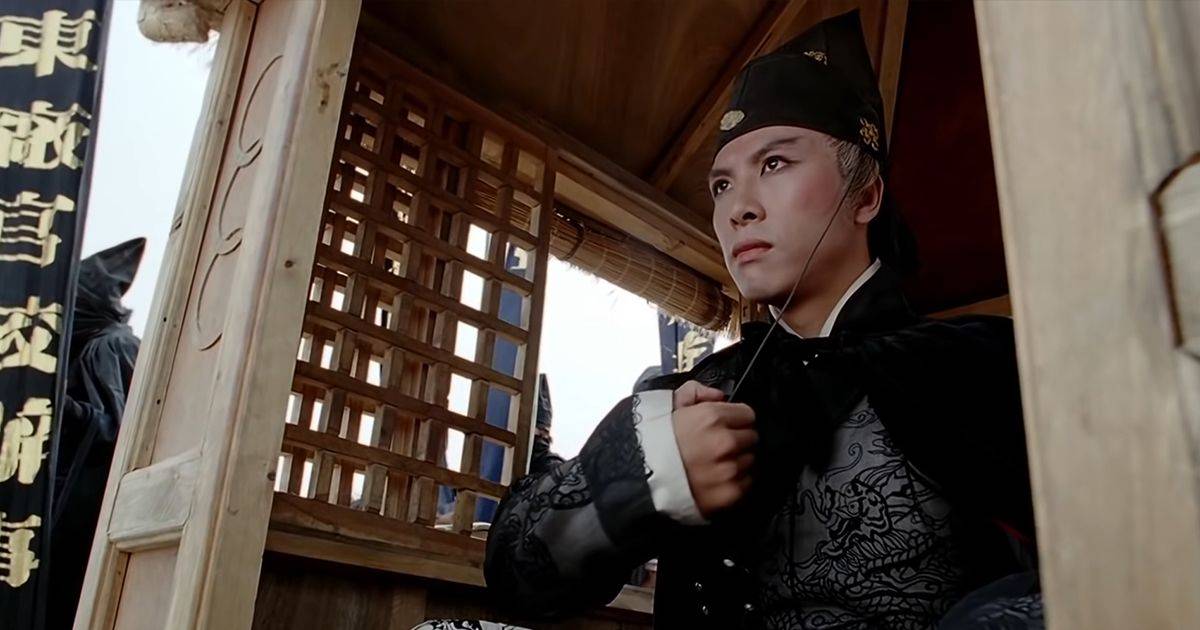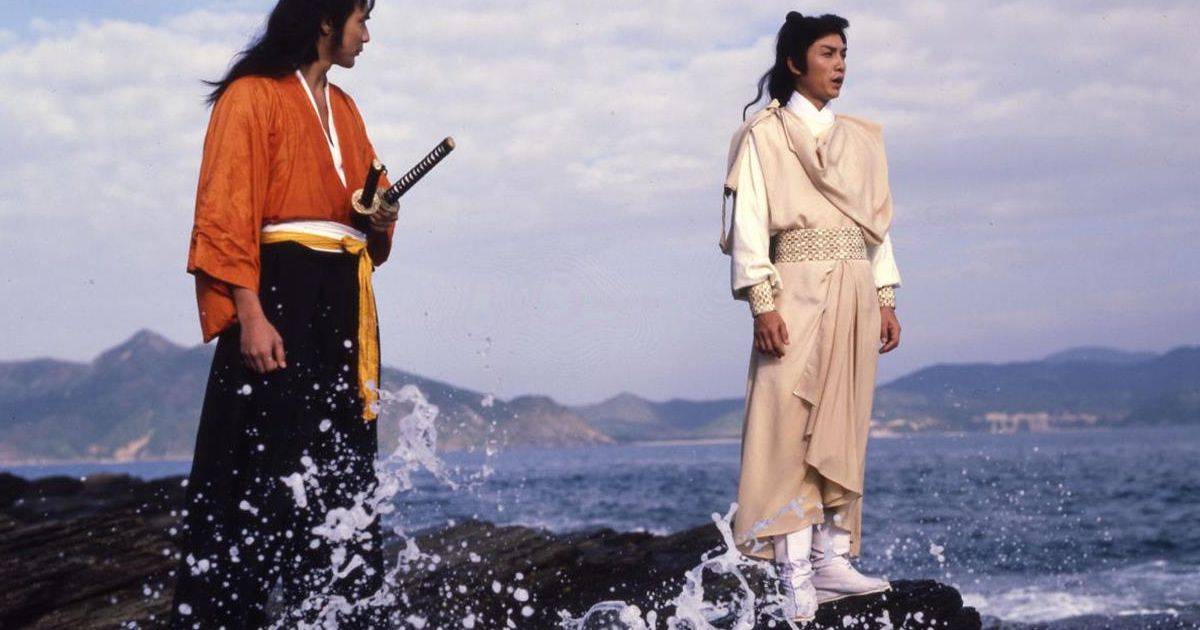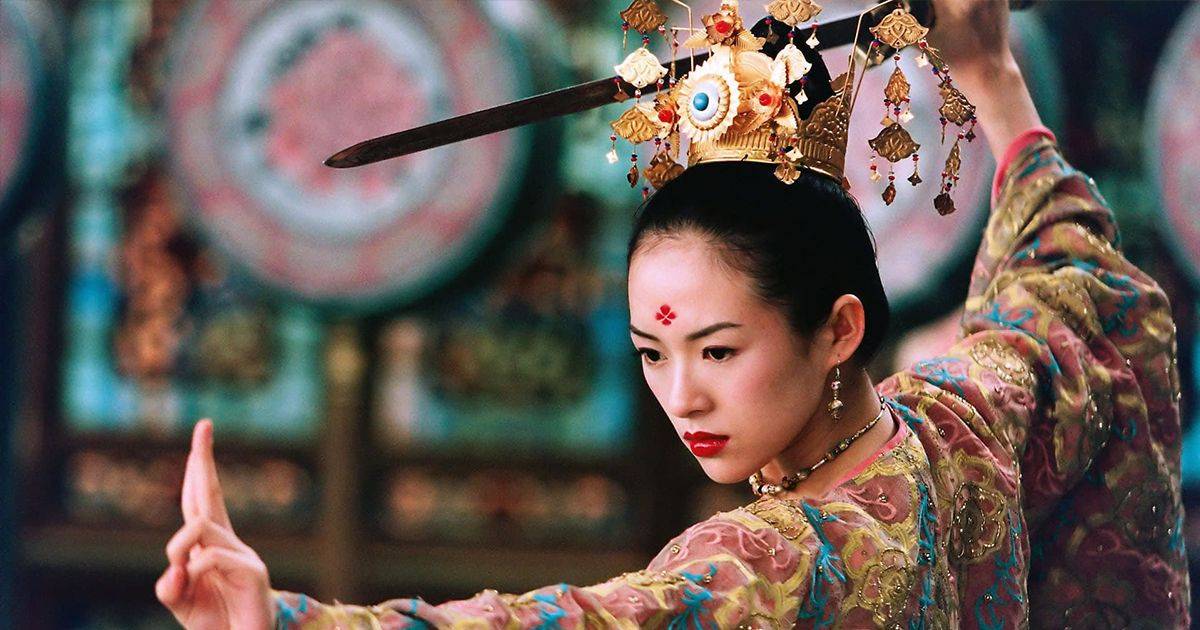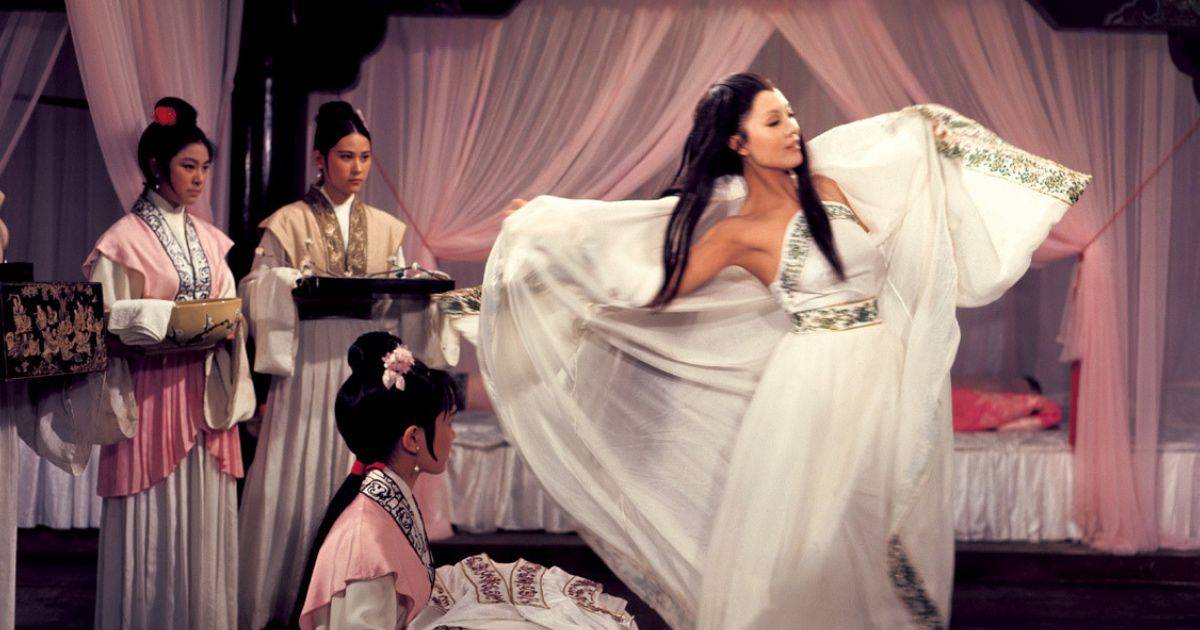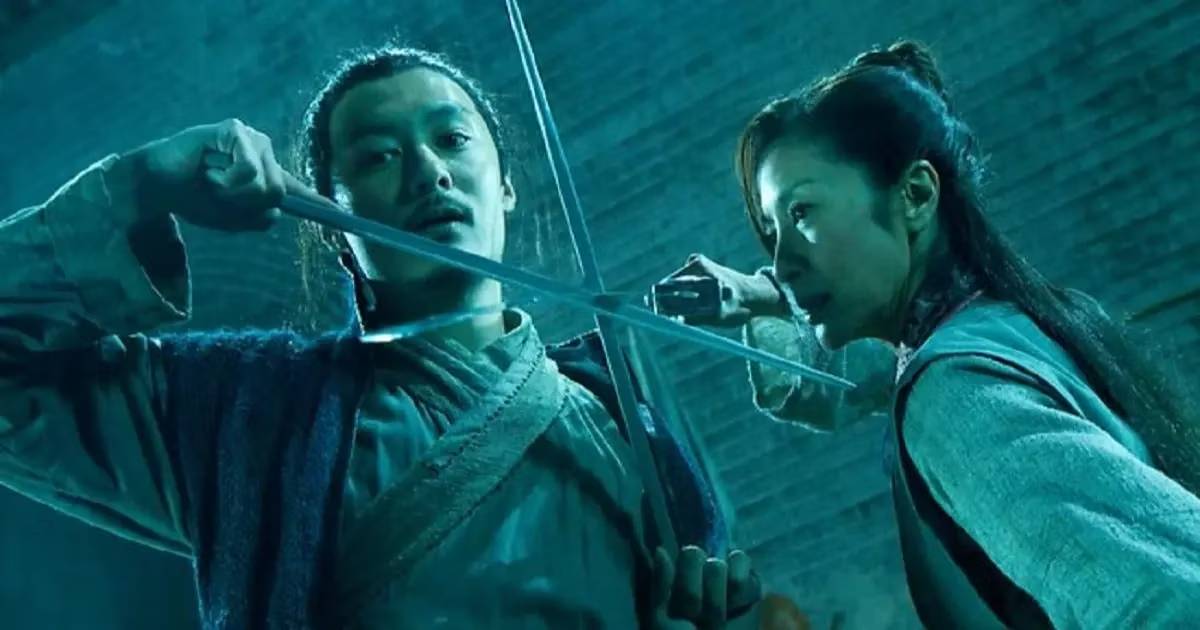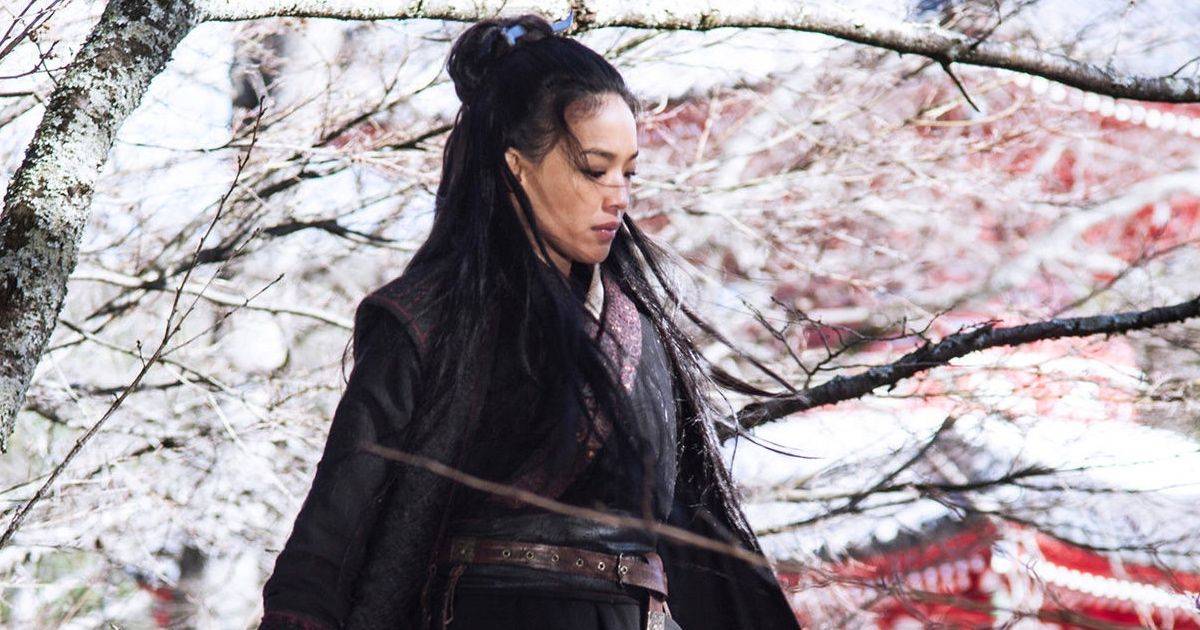Bruce Lee and other well-known actors from Hong Kong were first introduced to Western audiences in the 1970s thanks to the martial arts films from China and Hong Kong, which swept the continent. These movies remained well-liked for decades after the 1970s, inspiring works like Crouching Tiger, Hidden Dragon, which became critically acclaimed in the early 2000s. In addition, Crouching Tiger, Hidden Dragon was the first Chinese wuxia film to experience significant success outside of Chinese mainland, departing from the genre of literature that frequently used similar tropes. As a mainstay of Chinese language cinema, wuxia films have been produced by some of the largest mainland directors.
The first wuxia films were produced in China in the 1920s, and ever since then, they have become widely known. Until the debut of Crouching Tiger, Hidden Dragon, Hollywood was unaware of the significant star power and popularity of wuxia, which helped create some of the biggest stars in the Asian film industry. Wuxia has been subtly incorporated into English-language films, whether it is a scene in the Marvel film Shang-chi or a Jackie Chan film that was released in the middle of the 2000s. These are currently the top Wuxia and Chinese martial arts films.
A Chinese Ghost Story
A Chinese Ghost Tale, a 1987 film, is a good choice for fans of the genre because it adds original, fantastical twists to some of the genre’s traditional themes. This film, which was based on a short story from the Qing Dynasty in China, became a cult favourite there. Leslie Cheung plays the title character, Ning Choi-san, a tax collector who finds himself stranded in a rural area without any money. He falls in love with a young woman he meets there, but he is perplexed by what might be going on in the temple he seeks solace in. After realising the woman is a ghost, he becomes embroiled in situations that are inappropriate for the normal mortal.
A Touch of Zen
When he passed away in 1997, King Hu’s most well-known film was A Touch of Zen. The 1971 motion picture, which introduced wuxia and Chinese martial arts to the globe, was regarded as a component of the Hong Kong New Wave. Gu is a painter and scholar who lives in the highlands in Ming China. Gu befriends the stranger’s victim, a fugitive seeking asylum, and decides to support her in her scheme to overthrow the Emperor’s eunuch when the stranger shows up with sinister intentions. Despite having a plot that is very straightforward, A Touch of Zen has a lot of impact.
Ashes of Time
Wong Kar-wai, a Jet Tone Production Auteur, is most known for his gritty 1990s Hong Kong films, but in 1994 he released his own wuxia film, Ashes of Time. Ashes of Time, a prologue to the Chinese novel The Legend of the Condor Heroes, concentrates primarily on the adversary. The film, Ouyang Feng, is set when he is a young adult and explains how and why he developed into the evil he was in the novel. Even if it’s not Wong Kar-best wai’s film, at times it’s a riveting wuxia.
Come Drink With Me
Come Drink With Me, which made its premiere in Hong Kong in 1966, was created by King Hu and the Shaw Brothers. Together with Yueh Hua and Chan Hung-lit, it features Cheng Pei-pei, one of the most well-known wuxia actors of the 1960s and 1970s. A ransom is requested after a bandit kidnaps the governor’s son unless they want the boy killed. During her journey to fetch him, the governor’s daughter encounters a variety of interesting personalities. Come Drink With Me elevated Cheng’s career to entirely new heights and demonstrated that women could be action stars.
Crouching Tiger, Hidden Dragon
Crouching Tiger, Hidden Dragon, maybe one of the most well-known wuxia films in the west in recent years, introducing the world to actors like Michelle Yeoh, Zhang Zi-yi, and Chow Yun-fat, among others. In Crouching Tiger, which is based on a serialised Chinese novel from the middle of the 20th century, a sacred sword has recently been taken during the Ming Dynasty. A swordsman and his companion set out on a quest to recover the stolen items but get caught up in a number of the action scenes that have made Crouching Tiger so well-known in the genre.
Dragon Gate Inn
King Hu directed Dragon Gate Inn, which was presented in Taiwan in 1967. Since then, it has undergone two additional remakes. It describes how Tsao, a eunuch of an emperor, eliminates his military general political competitor. A martial artist thwarts his ultimate scheme to seize control after having the general slain and his family banished. With the strength of martial arts to right the wrongs in the world, an unexpected team unites to protect the kids and the general’s family.
Duel to the Death
Duel to the Death, which was published in 1983, is set during the renowned Ming Dynasty in Chinese history. Every ten years, in the 1500s, a Japanese and a Chinese swordsman must duel for the honour of their country. This year’s combat is complicated by a new factor because outsiders are attempting to sway the outcome for their own benefit. The plot then shifts to themes of honour and upholding the law, as both swordsmen, despite their flaws, want the fight to be fair and to end properly even if they lose.
Hero
Another wuxia that has grown to be one of the most recognisable in the genre is Zhang Yimou’s 2002 film Hero. It was one of the most costly films ever made in China at the time of its production and features some of the biggest celebrities in Chinese, Hong Kong, and Taiwanese entertainment, including Tony Leung Chiu-wai, Jet Li, Maggie Cheung, and Zhang Ziyi. A guy travels to the state’s capital during the Warring States Period to visit the monarch. The monarch is prepared to recount his many victories over assassination attempts to the visitor.
House of Flying Daggers
House of Flying Daggers, directed by Zhang Yimou, was released by Edko Pictures in 2004 and received an Oscar Award nomination for Best Cinematography. Takeshi Kaneshiro, Zhang Ziyi, and Andy Lau all appear in the film. Chaos is Afoot in the Tang Dynasty is categorised as a wuxia and romantic film. Due to the presence of rebels throughout the country, two police officers are tasked with finding and assassinating the head of the House of Flying Daggers. As the deadline draws near, they discover that they are digging themselves a bigger hole after detaining a blind woman who might or might not be the daughter of the previous leader.
Intimate Confessions of a Chinese Courtesan
The Shaw Brothers, the biggest production company in the business when they were active, produced the Hong Kong film Intimate Confessions of a Chinese Courtesan. The wuxia, which was released in 1972, features Lily Ho as the young woman Ai Nu. She is abducted and sold, but her purchasers discover she is not what they were looking for due to her attitude and personality. A horrific vengeance plot is revealed at the brothel as the woman caring for Ai Nu falls in love with her and teaches her martial skills.
Reign of Assassins
In the 2010 film Reign of Assassins, Michelle Yeoh plays Zeng Jing, a cloth merchant with a history as one of the region’s most feared killers. After meeting with a monk, she attempts to put her past behind her and go on with her life. However, as a gang shows up hunting for the last plundered item—the remains of a renown Buddhist monk—it comes back to haunt her. When she is forced back into the life she worked so hard to escape, she rapidly realises that not everything is as it seems, especially as the plot thickens.
The Assassin
The Assassin is the renowned Taiwanese director Hou Hsiao-attempt hsien’s to create a wuxia movie. Hou would receive the Best Director prize at the Cannes Film Festival, demonstrating his skill in a variety of genres. The film is set in Weibo in the seventh century, during the Tang Dynasty. Nie Yinniang is an assassin who targets corrupt government officials in particular, but she is punished and exiled when she fails at one of her assignments by displaying compassion and feeling. She will be put to the test repeatedly during this exile in a variety of ways, particularly as she tries to assassinate the guy to whom she was once engaged.

